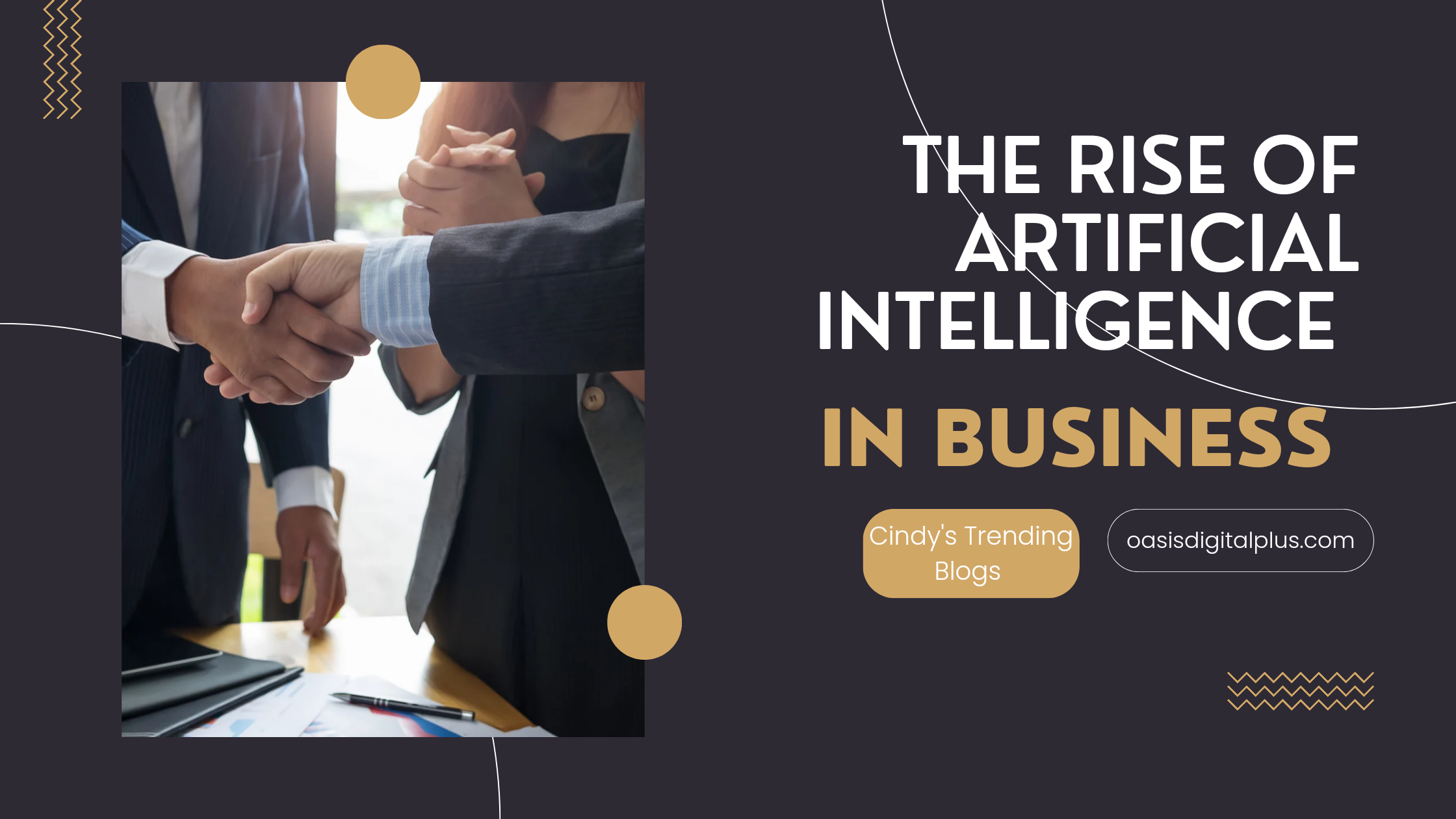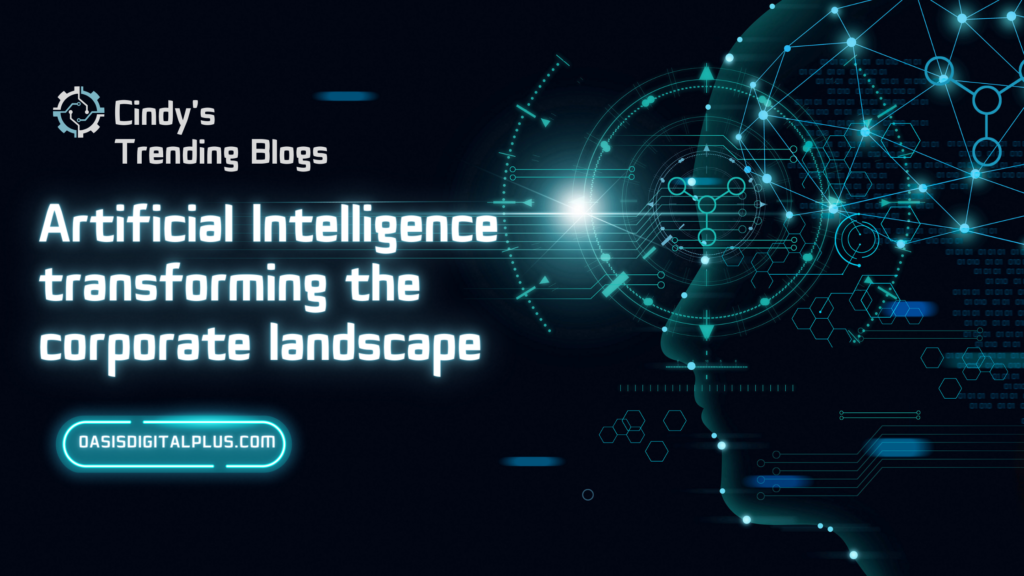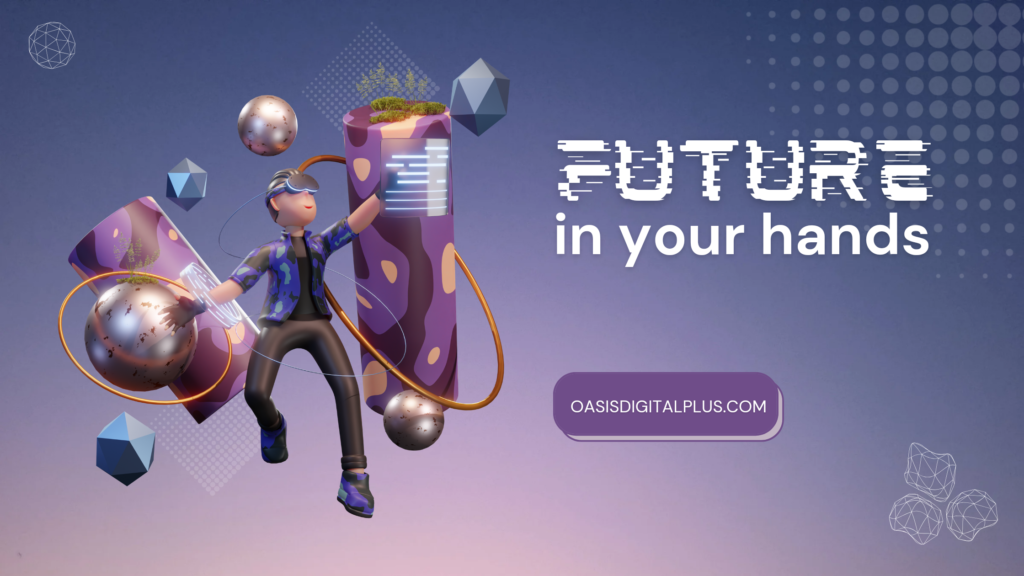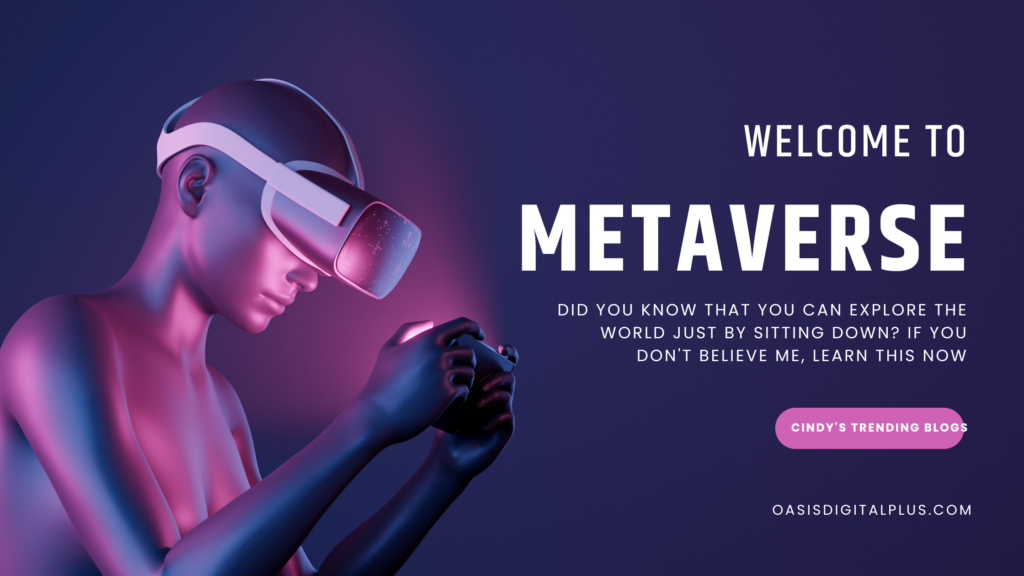Address
304 North Cardinal
St. Dorchester Center, MA 02124
Work Hours
Monday to Friday: 7AM - 7PM
Weekend: 10AM - 5PM
Address
304 North Cardinal
St. Dorchester Center, MA 02124
Work Hours
Monday to Friday: 7AM - 7PM
Weekend: 10AM - 5PM


Transforming the Corporate Landscape
Artificial Intelligence (AI) has emerged as a transformative force in the business world, reshaping industries and redefining the way companies operate. From improving customer service to optimizing supply chains, AI is driving significant changes that promise to enhance efficiency, productivity, and innovation. This article delves into the multifaceted impact of AI on business, exploring its applications, benefits, challenges, and future trends.
AI Applications in Business
1. Customer Service and Experience – AI-powered chatbots and virtual assistants are revolutionizing customer service. These tools provide 24/7 suppuort, handle routine inquiries, and resolve issues quickly. For instance, companies like Amazon use AI to enhance customer interactions, offering personalized recommendations and seamless shopping experiences.
2. Data Analytics and Decision Making Businesses -are leveraging AI to analyze vast amounts of data, uncovering insights that inform strategic decisions. Machine learning algorithms can predict market trends, identify consumer preferences, and optimize pricing strategies. This data-driven approach enables companies to stay ahead of competitors and adapt to changing market dynamics.
3. Operational Efficiency – AI is streamlining business operations by automating repetitive tasks. In manufacturing, AI-driven robots perform assembly line tasks with precision and speed. In logistics, AI optimizes routes and manages inventory, reducing costs and improving delivery times. These efficiencies translate into significant cost savings and enhanced productivity.
4. Human Resources and Talent Management – AI is transforming HR functions, from recruitment to employee engagement. AI-powered platforms can screen resumes, assess candidate suitability, and even conduct initial interviews. Additionally, AI tools monitor employee performance and provide personalized training programs, fostering a more productive and satisfied workforce.
5. Marketing and Sales – AI enhances marketing efforts by enabling personalized campaigns and predictive analytics. Machine learning algorithms analyze consumer behavior, segment audiences, and deliver targeted content. This results in higher conversion rates and improved customer retention. Companies like Netflix and Spotify exemplify how AI can tailor recommendations to individual preferences, driving engagement and loyalty.

Benefits of AI in Business
1. Enhanced Efficiency – By automating routine tasks and optimizing processes, AI allows employees to focus on high-value activities. This boosts overall productivity and reduces operational costs.
2. Improved Decision Making – AI provides data-driven insights that enhance decision-making accuracy. Businesses can respond more effectively to market trends, customer needs, and competitive pressures.
3. Personalization– AI enables businesses to offer personalized experiences to customers, increasing satisfaction and loyalty. Personalized marketing and customer service lead to better engagement and higher sales.
4. Innovations and Competitiveness– AI fosters innovation by identifying new business opportunities and improving product development. Companies that leverage AI gain a competitive edge, positioning themselves as industry leaders.

Challenges and Considerations
1. Data Privacy and Security– The use of AI raises concerns about data privacy and security. Businesses must ensure that they handle customer data responsibly and comply with regulations such as GDPR and CCPA.
2. Ethical Implications– AI can perpetuate biases present in training data, leading to unfair outcomes. Companies need to implement ethical AI practices, ensuring transparency, fairness, and accountability.
3. Integration and Implementation -Integrating AI into existing systems can be complex and costly. Businesses need to invest in the necessary infrastructure and training to effectively implement AI solutions.
4. Job Displacement – The automation of tasks may lead to job displacement in certain sectors. Companies should focus on reskilling and upskilling their workforce to adapt to the changing job landscape.

Future Trends in AI and Business
1. AI and the Internet– of Things (IoT) The integration of AI with IoT devices will create smarter and more connected ecosystems. This will enhance real-time decision-making and operational efficiency across various industries.
2. AI in Healthcare– AI will continue to revolutionize healthcare, from diagnostics to personalized medicine. AI-powered tools will improve patient outcomes and streamline administrative processes.
3. Augmented Intelligence– Rather than replacing humans, AI will augment human capabilities. Collaborative robots (cobots) and AI-driven decision support systems will enhance human productivity and innovation.
4. AI and Sustainability– AI will play a crucial role in driving sustainability initiatives. From optimizing energy consumption to reducing waste, AI solutions will help businesses achieve their environmental goals.
Artificial Intelligence is reshaping the business landscape, offering unprecedented opportunities for growth, efficiency, and innovation. While the benefits of AI are immense, businesses must navigate challenges related to data privacy, ethics, and workforce adaptation. By embracing AI responsibly, companies can harness its potential to drive success in the digital age.As we look to the future, the integration of AI into business strategies will continue to evolve, unlocking new possibilities and transforming the way we work and live. The journey towards an AI-driven business world is just beginning, and those who embrace this technological revolution will be at the forefront of tomorrow’s economy.